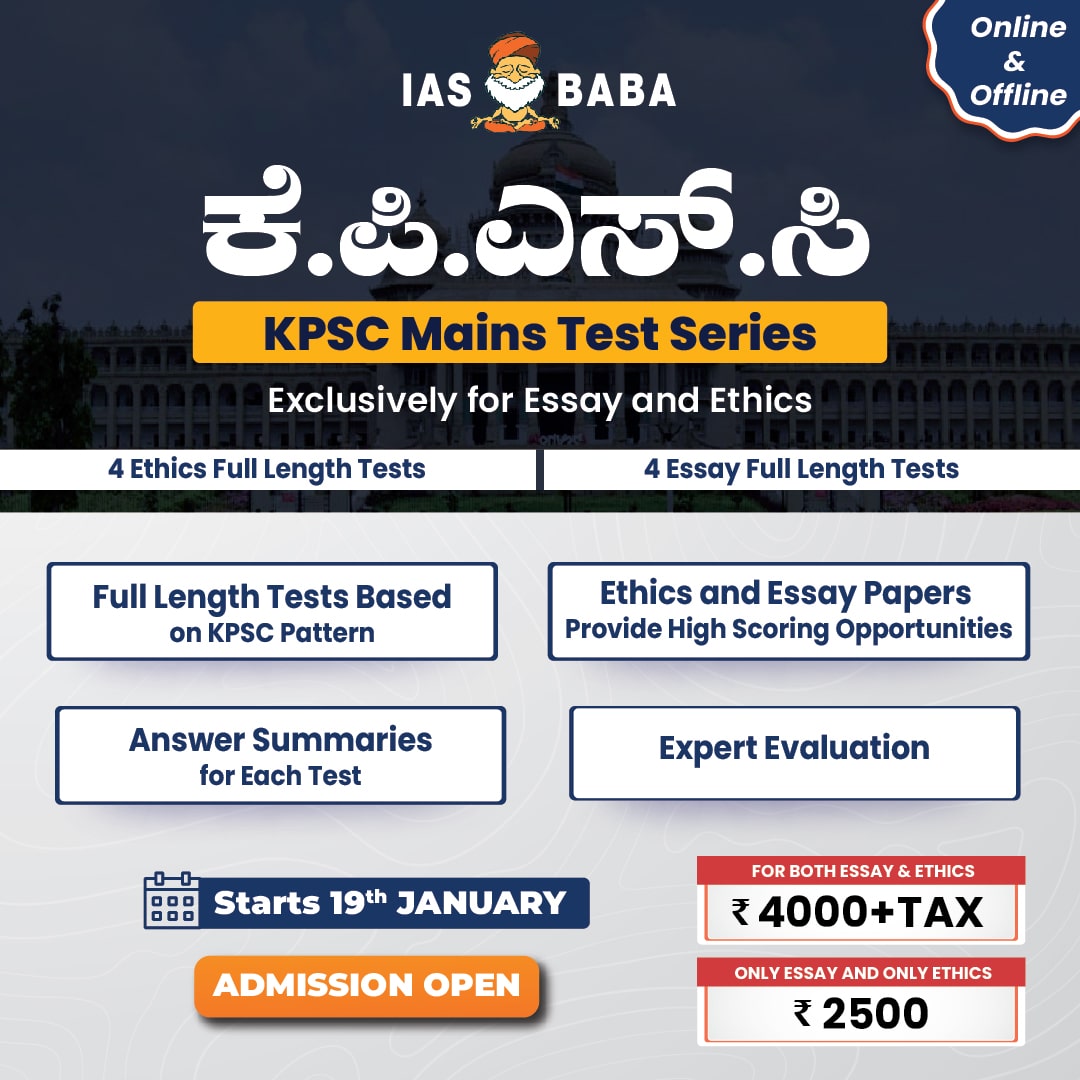IASbaba's Think and Learn-Mains 2015, Think and Learn, Think and Learn-2015, UPSC, UPSC Mains- Think and Learn-2015
Archives-Think and Learn-Mains 2015
Synopsis and Review – Think and Learn [Day 27]
GS 1) On his return from South Africa, for a few years, Gandhiji did not join any political organisations or movements of the day. Critically examine why. (200 Words, 10 Marks)
The Top Answer to this question is written by – SDRS
Ans) After the success of Satyagraha movement in South Africa when Gandhiji returned to the India he was given a warm welcome by Indian masses. He was a hero in the eyes of Public despite this he didn’t join any political parties neither any political movement that were going on in the country because-
1) He didn’t want to use his strategy of movement i.e Satyagraha, without knowing the ground realities in India. So he with his followers from South Africa started in a community life in Ashrams. But after the advice of G.K Gokhale he travelled all over India to know the realities of people.
2) He didn’t have faith in the tactics of moderates neither in the strategy of Home rulers. He didn’t want to join any movement who was not based on the principles of Satyagraha and non-violence. Along with this, he didn’t want to launch a movement at the time when British government was having tough time.
3) Similarly, he didn’t want to be affected by the contemporary ideologies of political parties neither wanted to impose his ideologies on them unless he convinces them that these are effective in the success of a movement. Because of this he didn’t join any political parties.
When he saw the success of Satyagraha at Champaran, Kheda and Ahmedabad mill only after that he decided to launch it on the massive scale i.e at all India level.
GS 2) Why does the Indian Parliament have many committees to look after its’ businesses? Write a critical note on the structure and functions of any two of the important committees. (200 Words, 10 Marks)
The Top Answer to this question is written by – Anshika
Ans) The work done by parliament are not only varied in nature but vast in volume, But the time available to parliament is limited, hence it cannot give close consideration to various legislative and other matters. A good amount of businesses is done by various parlimentary commitees
The parlimentary commitees are of 2 types
1) Adhoc : Which are created for particular purposes ie joint commitees on certain bills
2) Standing commitees : Which are used to carry day to day commitees, such as bussineess advisort commitees
There are many committees under the Parliament –
1)Committee on Estimates: It consists of 30 memebers, All members are from LS and a minister cannot be a member. The main function of commitee is to report on economies, efficiency, improvement of organisation or administrative reforms consistent with the policies underlying may be effected and to suggest reform for improving the efficiency and economies of organisation
2) Committee on Public undertakings: It consists of 22 members (15 from LS+ 7 fromRS ) A minister cannot be a member.
The functions are
1)To examine the reports and audits of Public undertakings
2) To examine the reports submitted by CAG on public undertakings
3)To examine the context of autonomy and efficiency of public undertakings
But the parlimentary commitee are not free of biases as members are drawn from the ruling parties and they are inclined towards ideologies of the ruling government. For an efficient government it is neccessary that advises and suggesstions of all mebers in commitee are taken into consideration.
GS 3) Highlight the important features of the Nuclear Liability Act while throwing light on the grounds on which it was criticised both domestically and by foreign suppliers. (200 Words, 10 Marks)
The Top Answer to this question is written by – Nishant
Ans) The Nuclear Liability Act came out of the 123 Agreement between India and US in 2005 which granted exemptions to India for nuclear commerce without being party to any nuclear regime. The deal paved the way for sale of uranium fuel and reactor designs to India.
Passed in 2010, the Act has been criticized by parties on both ends. Domestically, the nuclear deal (and the Act) has been denounced for being non-viable, overpriced and unsafe thus totally against the interests of Indian people. The liability amount at 1500 crore is too low to cover any damages. It is seen in the backdrop of Bhopal Gas Tragedy and much recent Fukushima disaster in Japan which has led to countries abandoning their nuclear programs.
The suppliers group on the other hand is not impressed with the shared liability clause in the Act as well as making suppliers subject to other Indian laws for any loss and damage. The Act, thus far has proved to be an impediment in bringing any tangible benefits to any party.
While the practical value of deal can be questioned, its symbolic importance in regards to improved India-US relations cannot be ignored. A direct outcome of the deal is India’s inclusion in the mainstream of global geopolitics and enhanced status at world fora such as WTO, UNFCCC.














